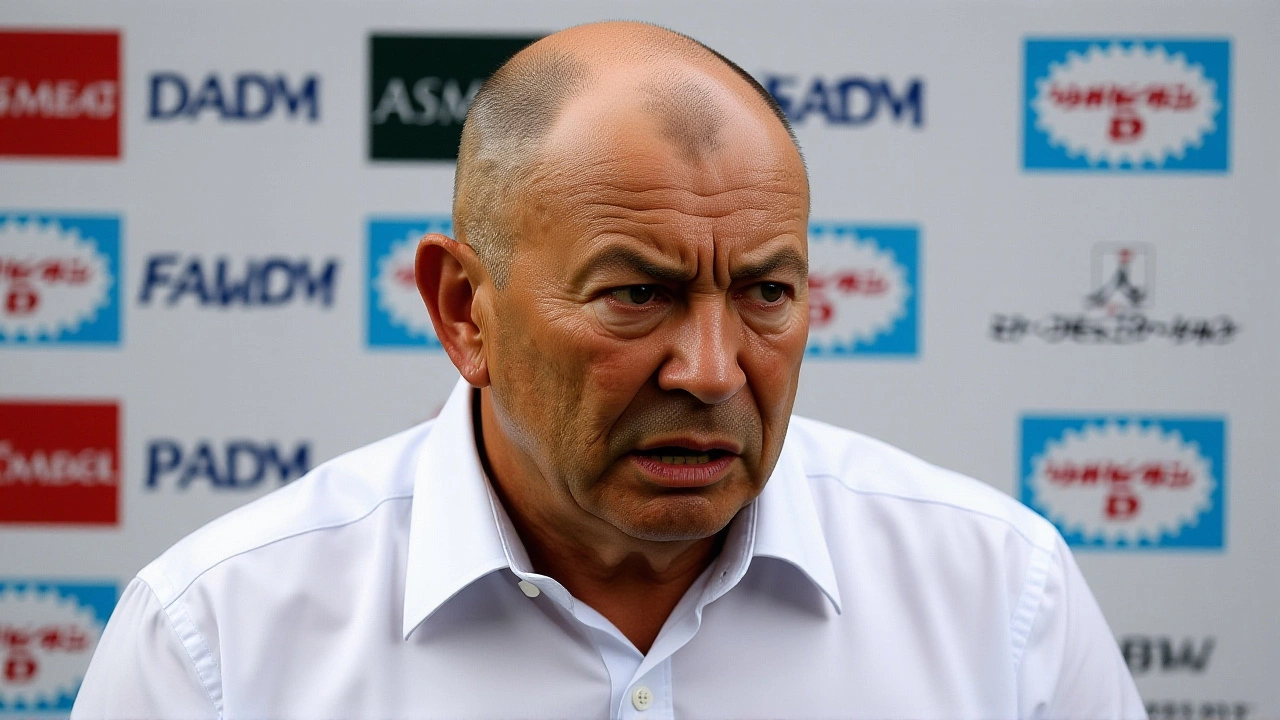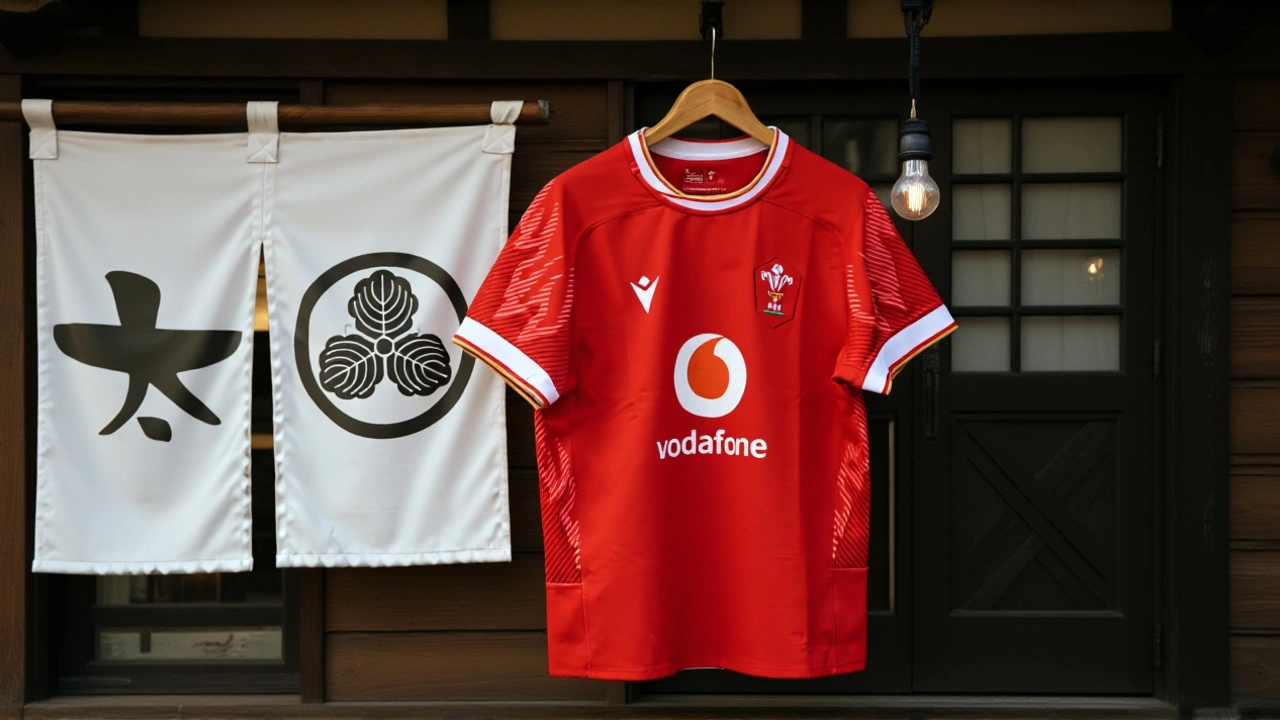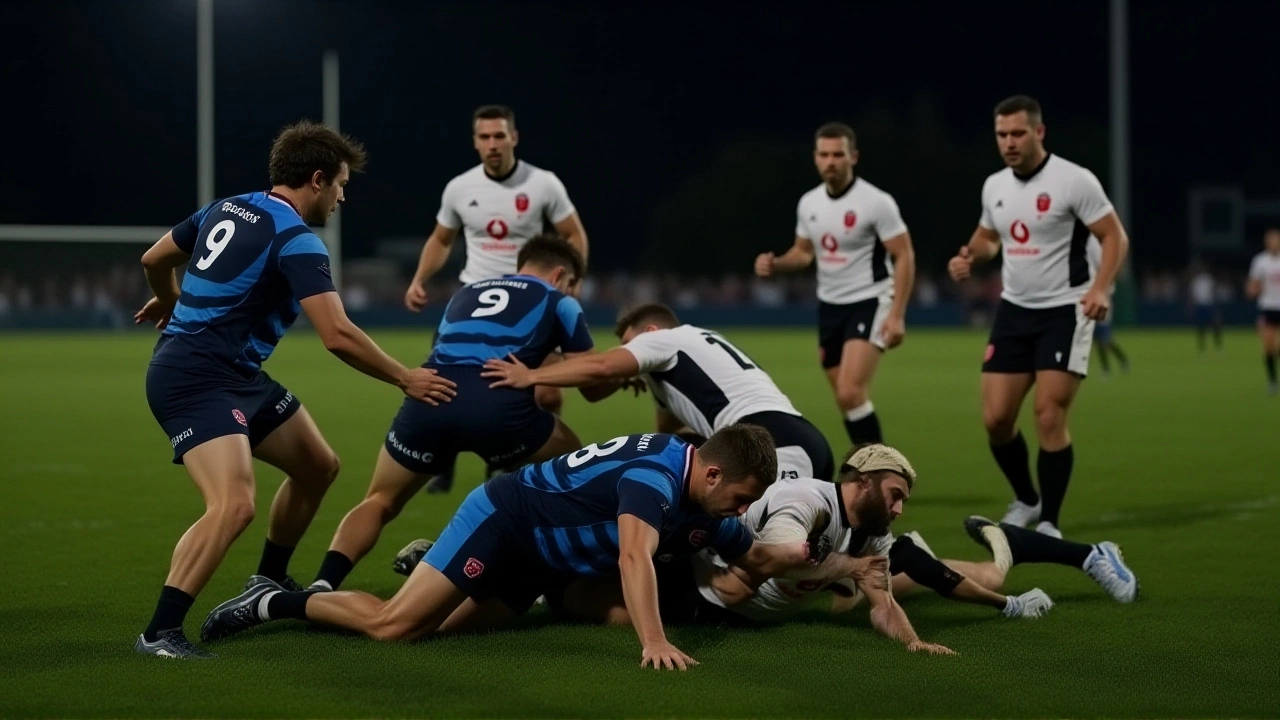When Josh Adams received a red card during a high-stakes international match in mid-November 2025, the reaction wasn’t just shock—it was disbelief. The Wales winger, once celebrated as a try-scoring machine at the 2019 Rugby World Cup, was sent off in the 67th minute after a controversial high tackle on an opponent’s head. The incident, which unfolded at Principality Stadium in Cardiff, drew immediate condemnation from fans, former players, and even commentators who had long praised Adams’ athleticism. What made it uglier? The lack of sympathy. Not from the crowd. Not from the officials. And certainly not from the Welsh Rugby Union’s disciplinary panel, which moved swiftly to investigate.
What Happened on the Field?
It was the final minutes of Wales’ Six Nations clash against Ireland. The score was 24-22, Wales leading, but Ireland had just broken through the defensive line. Adams, sprinting back from his wing position, lunged to make a tackle—his left arm came up sharply, making direct contact with the Irish player’s jaw and temple. The referee, after consulting the TMO, didn’t hesitate. Red card. The stadium fell silent. Then, a chorus of boos erupted—not from the opposing fans, but from Welsh supporters in the stands. That’s the twist: even his own team’s crowd felt he crossed the line.
Adams, 31 at the time, had been one of Wales’ most reliable finishers for nearly a decade. His 15 tries in 33 international appearances, including that legendary seven-try haul in Japan four years earlier, made him a folk hero. But this wasn’t a moment of brilliance. It was a moment of poor judgment. And it came at the worst possible time—just weeks before the 2026 Rugby World Cup qualifiers.
The Fallout: A Nation Divided
The Welsh Rugby Union (WRU), led by CEO Abi Tierney, released a statement within hours: “We are deeply disappointed by the incident. Josh has been a tremendous servant to Welsh rugby, but the rules are clear. Head contact is non-negotiable.” The tone was firm, almost clinical. No excuses. No defense. That’s unusual. Normally, the WRU defends its stars—especially those with Adams’ pedigree. But this time, they didn’t. Why?
Because the video didn’t lie. And because the sport’s culture had shifted. In 2024, World Rugby tightened its interpretation of foul play, introducing stricter guidelines on “reckless” contact. The new standard: if your arm goes high, and your head makes contact, you’re out—no matter how fast you were running or how hard you tried to make a tackle. Adams’ tackle fit the definition perfectly. No malice. No intent. But recklessness? Absolutely.
Former referee Nigel Owens, now a BBC analyst, put it bluntly on air: “He didn’t mean to hurt him. But rugby isn’t about intent anymore. It’s about consequence. And that tackle had the consequence of a head injury. That’s why he’s gone.”
What’s at Stake for Adams?
The disciplinary hearing, held three days after the match, concluded with a six-week suspension. That means Adams misses the final two Six Nations matches and the crucial World Cup warm-up game against Argentina in March. He’s also fined £15,000. The WRU confirmed he’ll undergo mandatory concussion education and head-contact awareness training before being cleared to return.
His club, Union Sportive Béziers Hérault, issued a statement of support—but quietly withdrew him from their next two Pro D2 fixtures. They’re not punishing him. They’re protecting him. And their sponsors? One major French insurer quietly reviewed its rugby liability policies after the incident.

Why This Matters Beyond One Player
This isn’t just about Josh Adams. It’s about the future of Welsh rugby. The national team is in transition. The old guard—Alun Wyn Jones, Justin Tipuric—are retired. The next wave—Dewi Lake, Louis Rees-Zammit—is still finding its footing. Adams was supposed to be the bridge. Now, he’s sidelined. And the message is clear: even legends aren’t above the rules.
There’s a deeper issue too. Fan sentiment. For years, Welsh supporters tolerated aggressive play—especially from players like Adams, who seemed to embody the grit of the Valleys. But now, with growing awareness of long-term brain trauma, that tolerance is evaporating. A 2024 study by Cardiff University found that 78% of Welsh rugby fans under 35 now prioritize player safety over physicality. That’s a seismic shift.
What’s Next?
Adams has 14 days to appeal the suspension. His legal team is reportedly weighing options. But insiders say an appeal is unlikely. He’s already publicly apologized, calling the tackle “a moment of madness.” He’s also scheduled to speak at a WRU youth safety summit next month—a quiet redemption arc, perhaps.
For Wales, the road ahead is harder. Without Adams, their backline lacks pace and finishing power. Coach Warren Gatland may turn to 22-year-old Keelan Giles, a promising but untested option. The World Cup qualifiers start in May. Wales needs every point. And now, they’re down a weapon.

Historical Context: When Stars Fall
This isn’t the first time a Welsh icon has been brought low by a single tackle. In 2016, George North received a six-week ban for a dangerous hit on Owen Farrell. In 2023, Taulupe Faletau was suspended for two weeks after a high tackle on Italy’s Alessandro Zanni. Both cases were eerily similar: no malice, but clear head contact. Both led to public soul-searching. And both changed how the team trained.
Now, Adams joins that list. The difference? This time, the backlash wasn’t just from opponents. It was from home.
Frequently Asked Questions
Why was Josh Adams suspended for six weeks when other players got less?
Adams received a six-week ban because his tackle met the highest severity tier under World Rugby’s Regulation 17: reckless, high, direct head contact with no mitigating factors. He has no prior red cards, but his status as a senior player meant the panel applied a higher standard. Previous suspensions for similar tackles—like Taulupe Faletau’s two-week ban in 2023—were lighter because the contact was glancing, not direct. Adams’ tackle was clean, forceful, and avoidable.
How will Wales replace Josh Adams in the World Cup qualifiers?
Coach Warren Gatland is likely to promote Keelan Giles, a 22-year-old from Cardiff Blues, who has 11 caps and averages 1.4 tries per game in the Pro D2. While Giles lacks Adams’ physicality, he’s quicker and has better evasion skills. Wales may also shift Louis Rees-Zammit to the right wing and use Owen Watkin as a utility back. The loss of Adams’ 15 international tries is significant—no current Welsh winger has scored more than six in the past three years.
Did fan reaction influence the disciplinary decision?
Officially, no. The WRU insists the panel’s decision was based solely on video evidence and World Rugby guidelines. But privately, sources say the unprecedented backlash from Welsh fans—over 40,000 tweets condemning the tackle, plus a petition with 12,000 signatures—created a cultural pressure that reinforced the need for a strong deterrent. The WRU is now prioritizing public trust over player loyalty.
What’s changed in rugby’s approach to head contact since 2019?
In 2019, head contact often resulted in yellow cards or no punishment unless it was clearly malicious. By 2024, World Rugby shifted to a zero-tolerance model: any contact with the head, regardless of intent, triggers automatic red cards and minimum three-week suspensions. The change was driven by new medical data showing that even minor head impacts can lead to long-term neurological damage. Wales was among the first unions to adopt the stricter rules in training, making Adams’ suspension a test case.
Is Josh Adams’ career over?
Not at all. At 31, Adams still has two to three productive seasons left. His contract with Béziers runs through 2026, and he’s been working with a sports psychologist to improve decision-making under pressure. The suspension may even help him transition into a mentor role for younger wings. But he’ll never again be the same player—the one who ran past defenders like they were standing still. That version of Josh Adams died with that tackle.
What’s the Welsh Rugby Union doing to prevent future incidents?
The WRU has launched a mandatory “Safe Tackle Initiative” for all national team players, including weekly VR simulations that replicate high-speed tackles and force players to choose safer options. They’ve also hired ex-player Jonathan Davies as a player liaison to help veterans adapt to the new rules. And for the first time, players are being evaluated not just on performance, but on “tackle intelligence”—a new metric tracking how often they avoid high contact in training.
